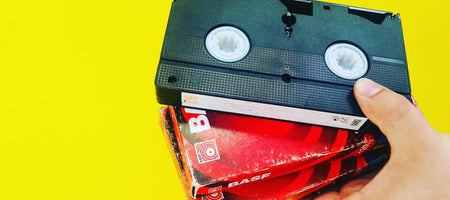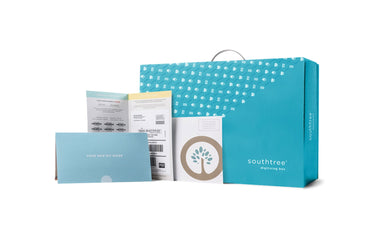Here’s a little secret: brains are incredibly complicated and deal with such an incomprehensible amount of stuff. Because of that, they have to go through some processes every once in a while to clean things up. If you have a computer (and you probably do if you’re reading this), you’ll know that if you haven’t restarted your computer in a while, it’ll start to slow down a little. Hitting the reboot button seems to clear the memory up a bit so that the computer can go back to loading cat videos on YouTube smoothly for you.
Your brain kind of does the same thing.
On this blog, we’ve written before about how your memories aren’t very reliable. Your brain will change things, forget things, or just overall turn your memories into a hodgepodge of whodunnits. That’s why memory pruning is so important.
So what is memory pruning?
Memory pruning is your brain’s version of restarting and cleaning up the memory banks. Since scientists aren’t exactly sure how memories work, they’re not positive about how your brain does it, but your brain basically tosses out old, questionable memories to make room for new ones.
If you want to read, the actual smart scientists tell you about what’s going on, here’s an excerpt from the study:
“Our experience of the world is recorded in long-term memory every moment of every day. Such memory formation occurs continuously and incidentally, resulting in a potentially astronomical number of memory traces. This cluttering can be problematic for the efficient functioning of memory systems in the brain. At retrieval, irrelevant memories will compete with the sought-after memory and can prevent it from coming to mind. To avoid these costs, we propose that memory systems regulate themselves by adaptively ‘pruning’ item representations.”
Which means?
What they’re saying is that memories fight each other when you’re trying to remember them, so your brain automatically decides which ones are bad and tosses them into the trash. Without that process, you’d probably become so overwhelmed by the sheer quantity of stuff rattling around in your brain that you couldn’t possibly remember all of the things you want to. Since your brain is a friend, it decides that some things aren’t worth remembering and does some housekeeping for you.
“But what if I want my memories? They’re my memories, after all!” you might be saying. That’s a legitimate concern, but the smarty-pants scientists have already answered that one for us. Here’s what they say about the memories that get pruned, “We hypothesize that the brain makes this determination based on how accurately an item is predicted by its context. Specifically, the brain may automatically predict which items are likely to appear in a given context based on prior experience…”
That means that if your brain deems a memory wonky or irrelevant, it’ll toss it out because you probably won’t need it again.
On the one hand, it’s a bummer that some things will be relegated to the ether and you’ll never remember them again. On the other hand, now you have an excuse for why you forgot all of the algebra you learned in high school!













